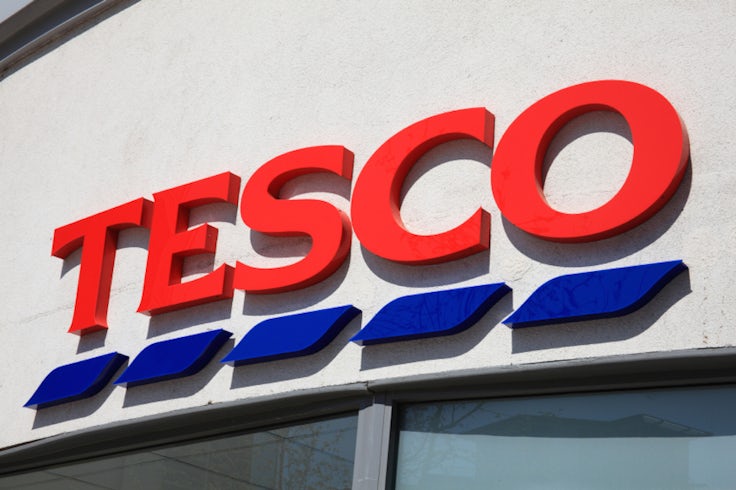Are the ‘big four’ supermarkets afraid of advertising?
Tesco and Morrisons are distancing themselves from more big TV ad campaigns, instead talking up improving the in-store experience as the best way to rebuild their faltering brands.

“You can’t advertise your way out of problems you’ve behaved your way into,” said Tesco’s CMO Michelle McEttrick at an Oystercatchers event last week, as she moved to explain a noticeable above the line silence from Britain’s biggest supermarket over recent months, despite making BBH its new ad agency.
There was a similar sentiment at Morrisons as new chief executive David Potts told Marketing Week that “improving the shopping experience is more important than advertising” as the retailer rebuilds its brand and recovers from a profit fall of 47% for the first half of 2015.
Such is the concern over spending, following high-profile campaigns featuring Ant and Dec under former boss Dalton Philips, that Potts is even trying to pull Morrisons’ sponsorship of The Great North Run as it is seen as a “unnecessary expense” according to one senior industry source.
In fact, media spend is down across Tesco (-31%), Morrisons (-33%), Sainsbury’s (-4%) and Asda (-15%) for the first half of the year according to figures from Nielsen.
In a stark comparison, the German discounters have grown their media presence steadily, with Lidl upping spend by a whopping 160% and Aldi by 9%.
And while Lidl continues to deploy aspirational messaging through its ‘Lidl Surprises’ campaign, the big four are instead focusing on amplifying how much they’ve cut the prices of essential items in the few ads we have seen of late.
A lack of confidence?
It’s more than feasible that the big four have lost confidence having consistently lost market share to Aldi and Lidl, according to Rob Sellers, MD of shopper marketing agency Grey Shopper. However, he also believes that the supermarkets are starting to realise brand building isn’t just about “throwing cash” at a major TV campaign.

“We know that brand advertising is not a big driver when it comes to consumer’s store preference. The first thing is geographic proximity and the second is ‘Do I like shopping in this store?’” he explains.
“There is no point telling people they are going to have an amazing, immersive, valuable experience if fundamentally they are not going to.’
Bucking the trend
Not all of the big four are as restrained as the likes of Morrisons, however, with Asda recently spending big on its 50th anniversary campaign and the return of the pocket tap.
Asda leads the supermarkets on half-year ad spend with £41.5m in comparison to second placed Lidl’s £40.3m spend. Its head of marketing Barry Williams told Marketing Week that spending regularly is still the “right strategy” but getting “more value” out of agencies is now Asda’s focus.
But getting more value from advertising is not possible if the in-store experience isn’t right according to Sam Knights, board director at Capture.
Previously a marketer at P&G, Knights now works on in-store campaigns across the big four supermarkets and – much like Morrisons’ Potts – he believes investing big on in-store activation is crucial.
Waking up to reality
“The big supermarkets are starting to realise that they’ve been under spending on the in-store experience,” he says. “They’ve perhaps been neglecting formats such as the superstores for big glossy ad campaigns.”
Knights says that TV ads will have “considerably smaller ROI” if the in-store activation fails to live up to the billing.
“If you get the in-store right and also do a good campaign at the point of purchase than advertising will have a much bigger impact,” he adds. “Tesco and Morrisons are waking up to that reality.”
Retail analyst Nick Bubb, however, senses a move away from TV altogether. “With declining newspaper readership and TV cut-through the supermarkets now all have to think of new ways of getting attention,” he explains. “If there is a focus on in store experience it would be because of structural change in the market and the need to differentiate themselves from the discounters.”
Whatever the reality, don’t expect to see Ant and Dec flogging potatoes again anytime soon.






